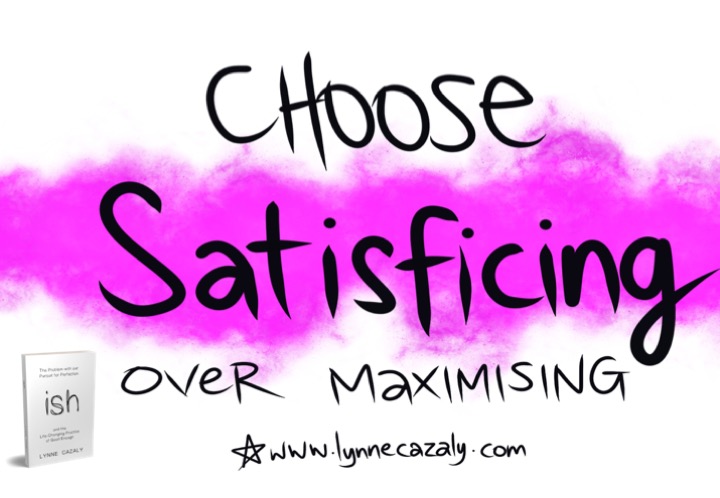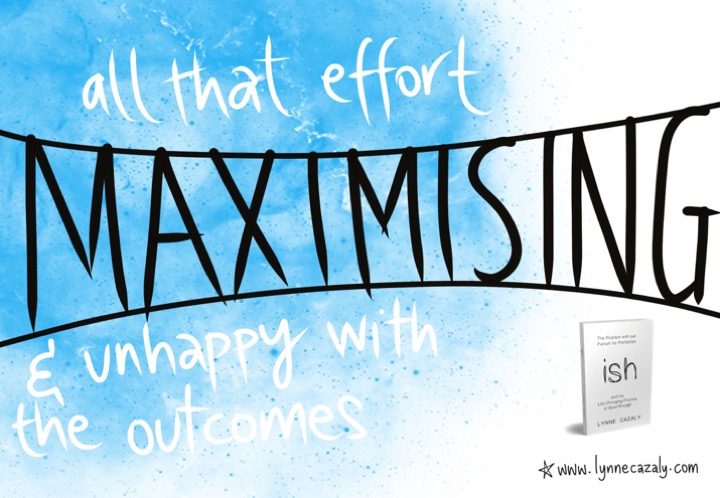Determine the minimum effective dose
 Thursday, August 22, 2019 at 8:08AM
Thursday, August 22, 2019 at 8:08AM  What’s the least you could do, the least that’s required?
What’s the least you could do, the least that’s required?
Some people think the world is going to ruin, that quality will drop if we don’t do our bestest of the very best of the best on every single thing we work on.
Oh sure, high quality and attention to detail matters, but not on everything! Keep quality for the things that really matter.
The whole minimum viable product (MVP) strategy is an example of doing just enough of the valuable stuff for a product or service to get it ready to put it out there.
So what’s the least you need to put in? Do that and then test or validate it.
Oh, and there’s the minimum effective dose strategy too. Medicos and pharmaceuticos know about identifying what’s the minimum amount of a drug or treatment that will ‘do the job’. (There’s the ‘do no harm’ mantra in there too.)
Let's play the same game. Stop doing harm to your self, your mind (and others) thinking you need a maximum dose of something (or everything) ... or that more will make it better.
Your good enough is likely good enough. Go test and validate it sooner than you think you can, to see how good enough it really is. That’s a minimum effective strategy that will bring some mega results.





















